Origin:
This phrase originated in the 1900s. People who would buy horses would determine a horse’s age by looking at its teeth.
Origin:
In the 1700s, people would sell pigs in bags. Sometimes, people would replace a couple pigs with some cats in order to scam buyers. When a cat was let out of the bag, you’ve been caught.
Origin:
This phrase has origins in ancient India. In an attempt to gain favour with the gods, people would often throw butter at their statues.
Origin:
Although we think of this phrase as a lighthearted joke now, it originated from the days in which thieves would literally trip people before robbing them.
Origin:
This goes back to the time in the wild west where the passenger would often have a shotgun in the likely event of a stage coach robbery.
Origin:
This comes from hunting and refers to instances in which dogs would literally bark up the wrong tree.
Origin:
This phrase stems from the days in which portrait painting was incredibly popular. It simply cost more to include limbs in the painting.
Origin:
This possibly dates back to a time in which mattresses were supported by ropes. To sleep tight meant to ensure that the ropes were secured.
Origin:
Said to originate with Admiral Horatio Nelson, who allegedly looked through his telescope using his blind eye to avoid signals from his superior telling him to withdraw from battle.
Origin:
This comes from the idea that someone would be carrying so many weapons that they would have to carry some in their mouth.
Origin:
This comes from horseracing. Jockey’s would often put goats in their horses staples to help relax them. Sometimes, competitors would steal these goats.
Origin:
This refers to an organ, which is made infinitely louder when the stops are pulled out.


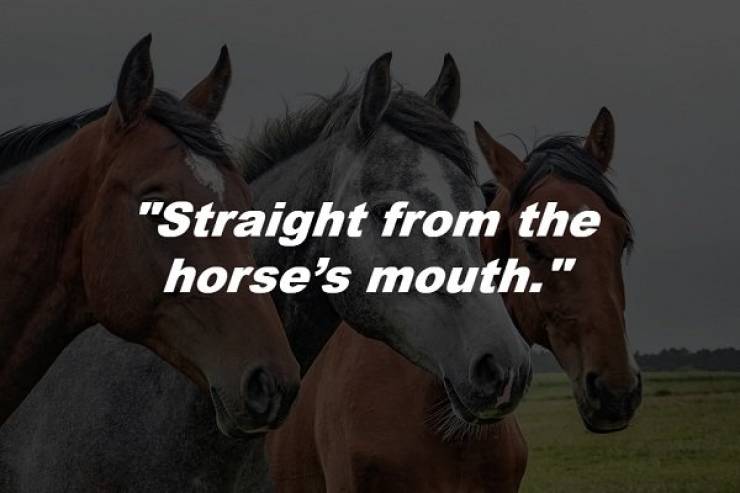
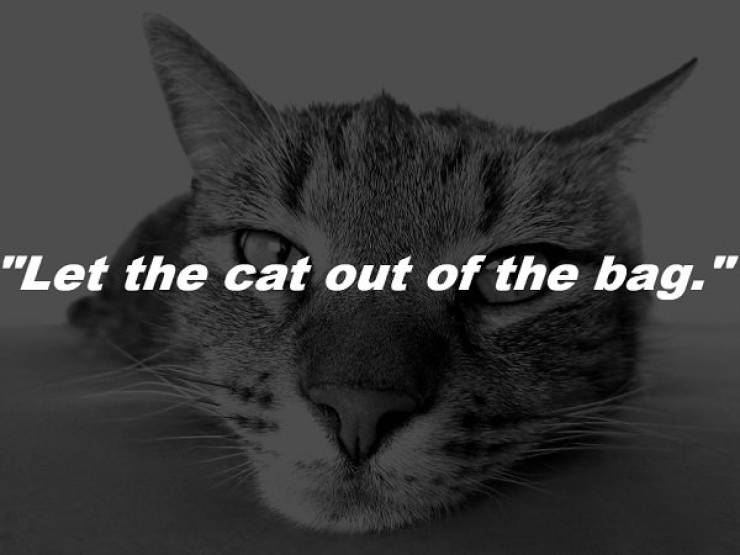
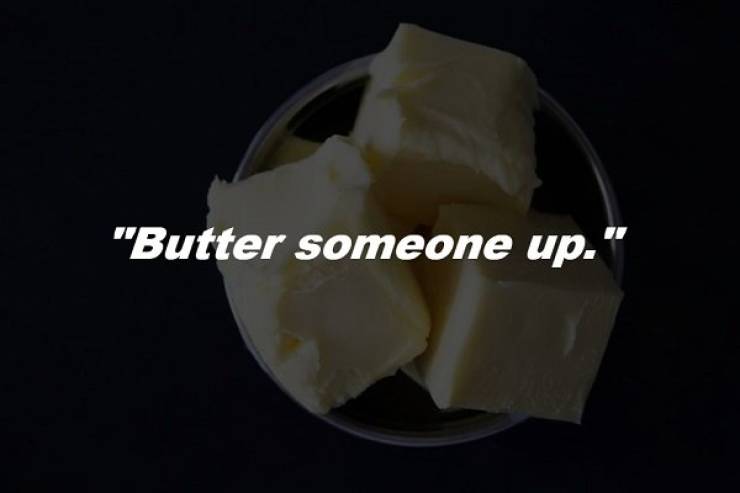
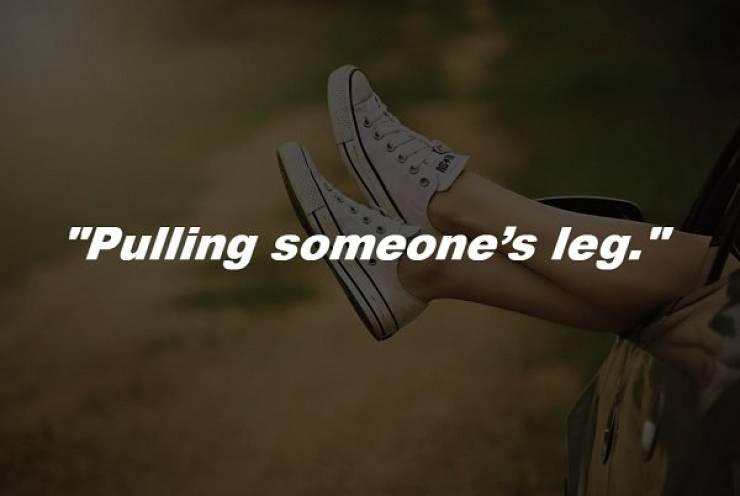
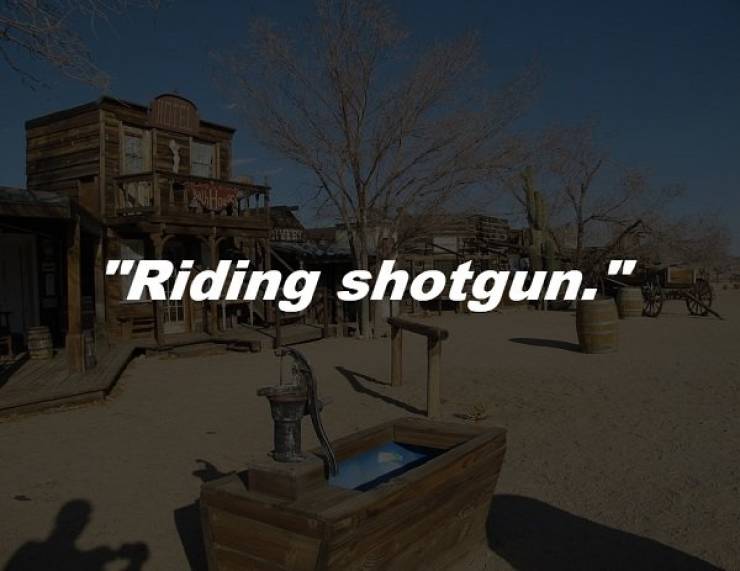
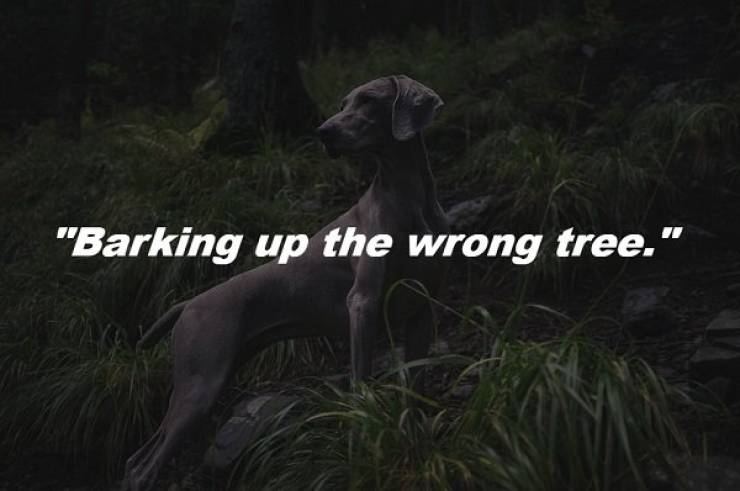
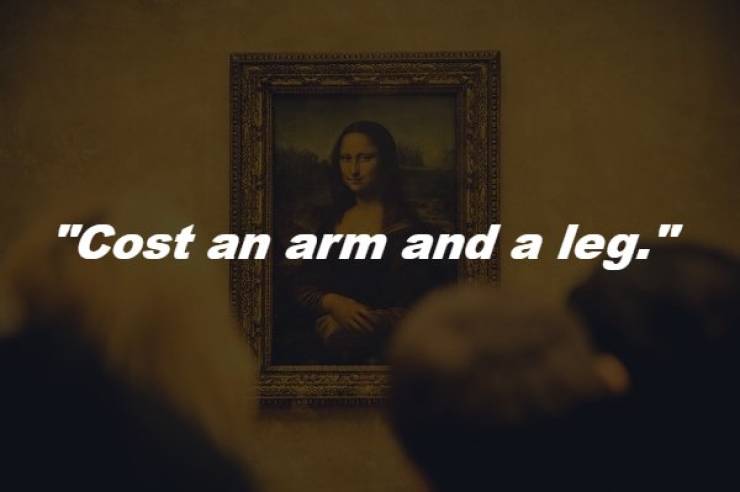
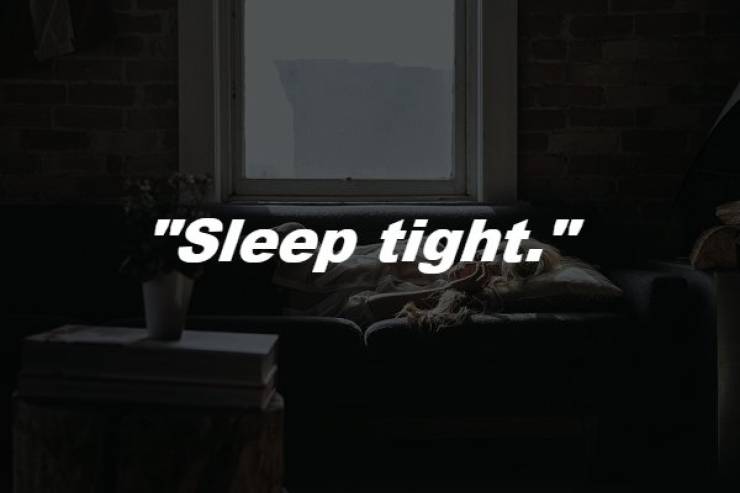
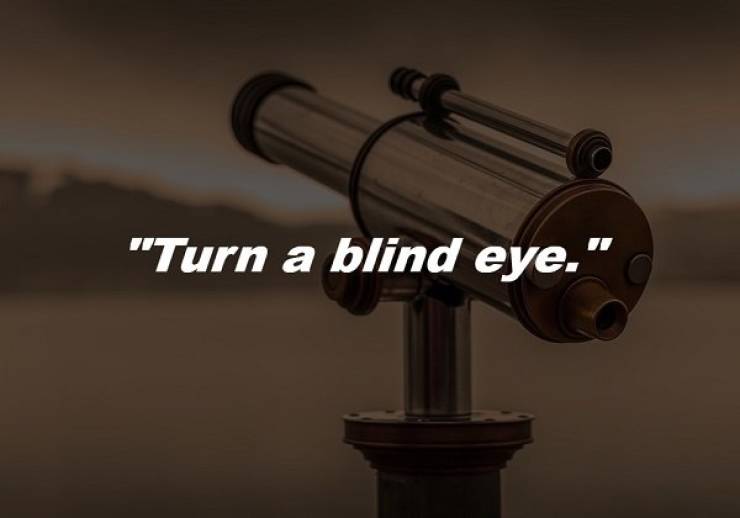
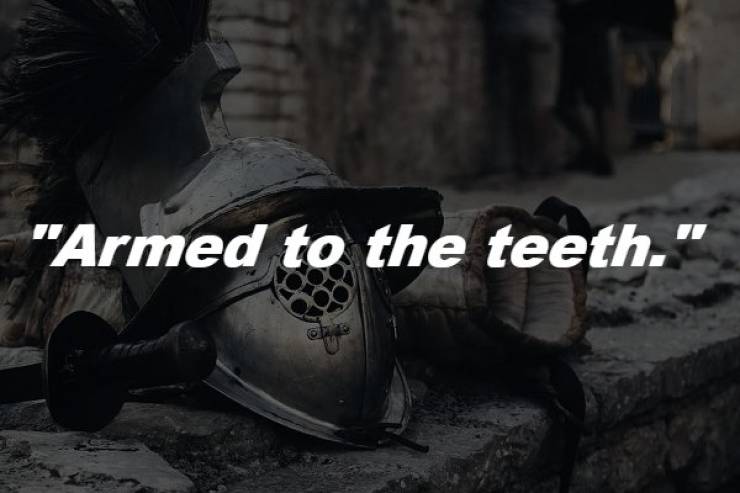
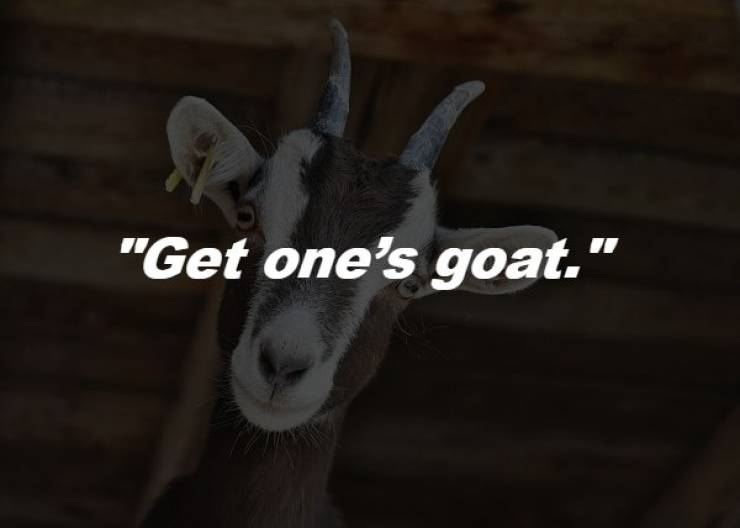




Selling cats instead of pigs was a common practise. I don't know if your explanation is true but it is wrong to dismiss another.
..and I'm sure you've heard the old saying; A cat in the hand is worth two in a bag?
Isn’t that similar to being hungover- where you would sleep hungover a rope?